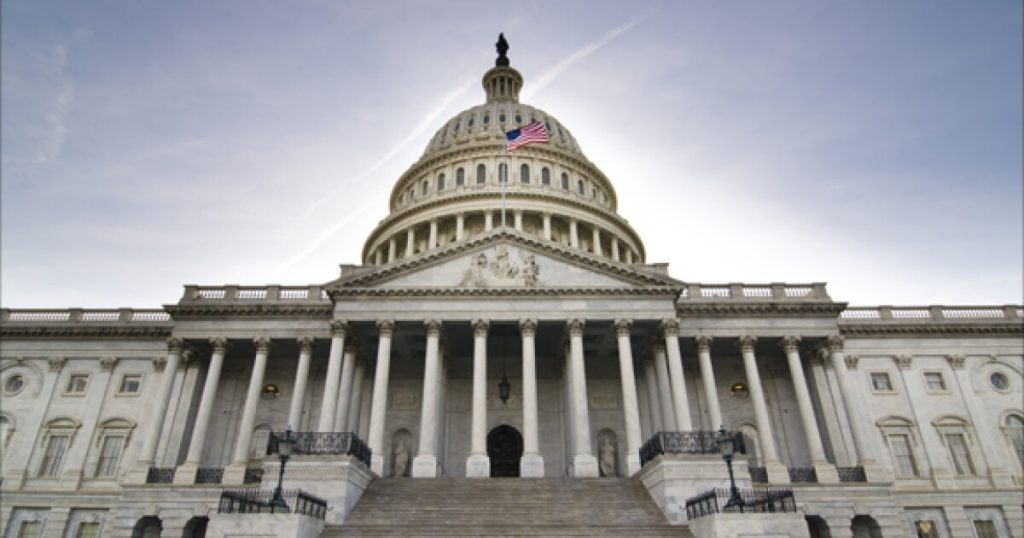As we progress toward January, the shape of the new administration is coming into sharper focus, bringing with it
The incoming administration should encourage and foster responsible innovation and protect consumers by bringing industry expertise to the table. This includes prioritizing leaders who genuinely understand fintech’s potential, including consumer demand and protection, and its unique demands on regulatory frameworks.
For more than a decade, the fintech sector in the United States has been a force for transformative, responsible innovation, while expanding access to financial services in ways that traditional banking has long overlooked or ignored. Yet, regulators have struggled to appreciate and keep pace with rapid advances in technology and have instead stifled innovation through application and enforcement of outdated policies.
In some cases, the regulatory approach has been so aggressive that banking and fintech entities have exited consumer products and services, even fintech business model and bank-fintech partnerships. It is questionable what, if any, consumer benefits this aggressive regulatory posture has yielded over the past few years. One thing is certain: This regulatory approach did reduce consumer choice, eliminate some consumer opportunities and shrink the pool of eligible borrowers who were already not being served by traditional banking channels. Another four years of this regulatory approach would significantly handicap American consumers and economic growth.
That is why the incoming administration must embrace a collaborative approach, working directly with those of us who have led responsible fintech development. Together, we can craft smart, consumer-first policies that reflect the realities of today’s landscape and keep bad actors in check while providing tools for the U.S. economy to grow.
The first step forward is selecting knowledgeable, apolitical, open-minded and wide-ranging experts to lead the agencies on a path to responsible innovation, which we are beginning to see.
The second step is the establishment of a dedicated fintech working group, one that brings industry leaders and regulatory agencies together to address urgent priorities — from examination standards to emerging technologies.
The third step is modernizing the examination standards and enforcement mentalities through technology and an innovative mindset. The complex, evolving world of fintech demands not only vigilant oversight but informed guidelines that reflect (and can be adapted to) current realities, not those of a banking model designed generations ago.
The fourth step is the modernization of the agencies themselves. Nothing should be off the table when it comes to revisiting how the agencies are organized, staffed, managed and controlled. There is a real grass roots effort by field examiners to truly understand the complexities and intricacies of the bank-fintech partnerships. These examiners work hard but often they don’t have a voice, or at times their work is over-scrutinized at headquarters. Let’s turn the pyramid upside down and give those closer to understanding the problems help delivering the solutions.
The fifth step is a better alignment between states and the federal government to establish clear guidelines around key matters such as usury caps, “true lender” rules, data protection, open banking and more.
Finally, we must have an open and honest discussion around emerging technologies. Crypto and blockchain have already established a foothold within the larger financial ecosystem, yet they remain poorly understood and often misregulated. Additionally, as we collectively begin to embrace the incredible ascension of artificial intelligence, it is clear that the potential for innovation is vast, but so are the challenges for regulation. When leveraged responsibly, AI can dramatically improve compliance practices, for example, in areas such as fair lending and anti-money-laundering compliance. Sacks’ nomination is an initial leap forward in creating a modern regulatory system that understands these use cases and meets both today’s and tomorrow’s demands.
Now is the time to act boldly. The U.S. needs a regulatory framework that fosters responsible innovation and positions the country as a global leader in fintech, AI and crypto. This includes a clear, robust legal structure the crypto industry has long requested, in addition to immediate regulatory attention that safeguards consumers, while ensuring the ethical development of AI.
The path forward is one where all industry stakeholders collaborate, engaging in open, ongoing dialogue and real-time working groups to address the complexities and potential of evolving technologies. This isn’t about giving fintech a free pass; it’s about acknowledging that an industry advancing at today’s pace requires modern, flexible policies designed to keep up. American consumers will benefit from that as will the broader economy.

